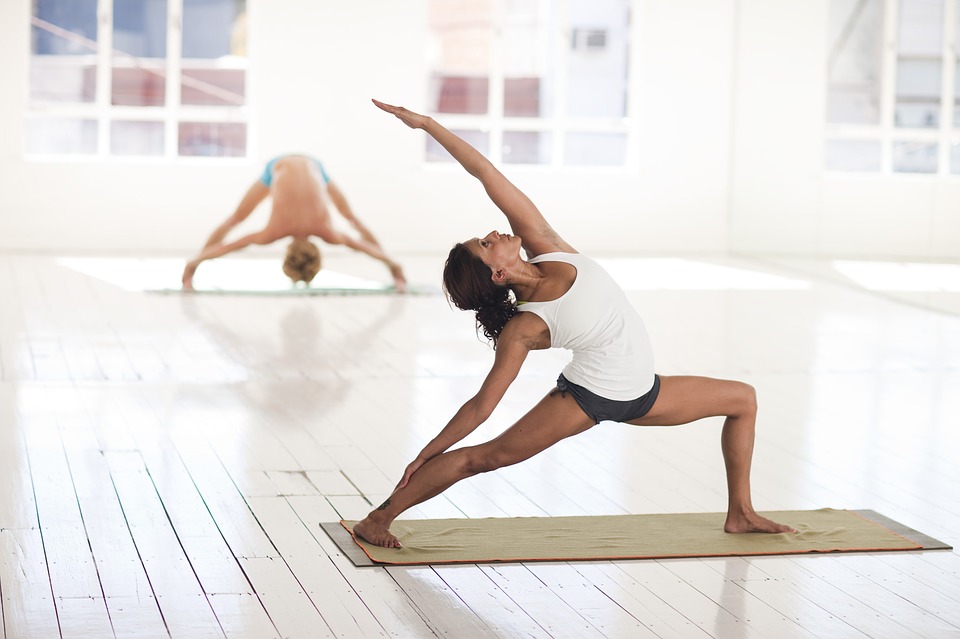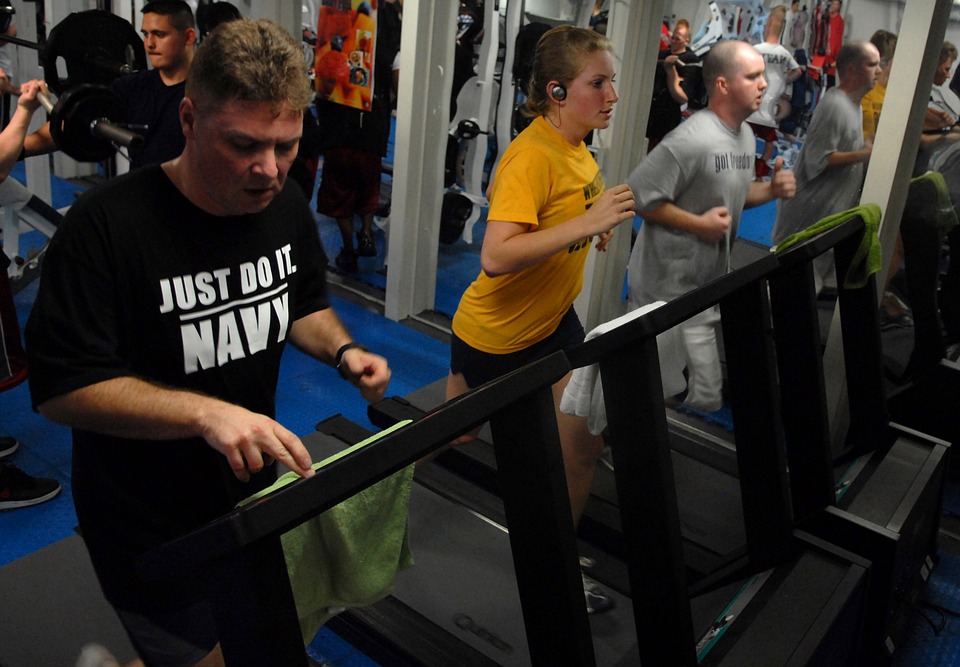You’ve all probably heard the mantra:
‘No Pain, No Gain’
But the truth is, injuries you sustain during exercise can set you back weeks from your goals and become debilitating to your everyday life. If you want to keep working out and reach your goals without injury, there are a few things you can do to reduce the risk.
The Most Common Injuries
There are certain areas of the body which are more prone than others, and here are some of the injuries you may have heard of before:
- Strained back: Because so many of us work at a desk or sit down on the sofa when we come home, our back muscles get very weak. The number one rule when lifting weights is too lift with your legs, not your back. Unfortunately, many people forget this.
- Strained shoulder: If you ever start to feel strain on your shoulders as you stretch or lift, don’t push through the pain. You could land yourself with a dislocated shoulder, which can be cripplingly painful.
- ACL/PCL injuries: Anterior Cruciate Ligament (ACL) or Posterior Cruciate Ligament (PCL) can require surgery and take months to heal. If you are an athlete or partake in sport involving jumping and running, these injuries are ones to look out for.
- Runner’s knee: This injury occurs when the cartilage in your knee becomes irritated. It is a common injury but if left untreated, could result in meniscus surgery or a knee replacement when you are older.
- Achilles Tendinitis: Your tendon can become strained and irritated if you aren’t careful when exercising.
- Pulled or torn hamstring: To prevent this injury you need to focus on strengthening the muscles in your legs.
How to Avoid Injuries
Avoiding these injuries and other issues comes down to the way you work out and the precautions you take as you exercise.
Stretch It Out
Stretching is a crucial part of your exercise routine because it loosens up tight muscles and allows you to move easier. It isn’t so much about injury prevention, it’s more about getting your muscles and ligaments moving to stretch them and allow an easier flow of movement from your body. This in turn will reduce the risk of injury because your muscles are able to stabilise and hold you up. For example, if you don’t stretch your hamstrings before working out, they can affect the movement of your back muscles and be more likely to cause a back injury.
Always Use the Proper Equipment and Technique
It’s always about the way you do it, not how much. Technique is key because if you don’t get the technique right, you won’t get the results you are looking for. For example, if you are new to lifting weights; start off with a broomstick to get your technique nailed before you move on to adding weights. Make sure that before you step up the weight you use each time, that you have the technique correct.
If you are unsure on the proper technique for a certain exercise or yoga move, make sure to research it. You can watch videos and practice at home until you think you’ve nailed it. Then you can get down to the gym and work on it.
Make sure to stop immediately if exercise ever hurts. You should always feel a tightness in your muscles, but the moment that mild discomfort turns into pain, you need to stop before you cause yourself serious injury.
Let Your Body Recover
Although you might want quick results, and the temptation to go to the gym 6 days a week is almost too much to handle, you need to resist. When you exercise, or perform any strenuous movement, you will damage your muscles to some capacity. This is normal, but it does mean that you should always give your body a day to recover after enduring a heavy workout.
This is also the reason we eat lots of protein. Protein is what our body uses to repair muscle damage, which is why if you are following a workout regime and healthy diet: lots of protein is key.
Get Enough Sleep
Finally, sleep is the most important process our body has to go through each day. When we sleep, our muscles relax and are repaired by the protein we consume. Toxins are flushed out of our body and the body resets ready for the next day. Try and get the recommended 8-10 hours of sleep each night and you will feel invigorated and healthy once more.





